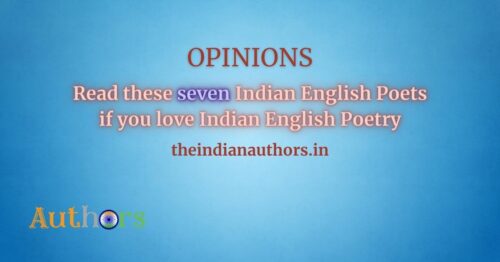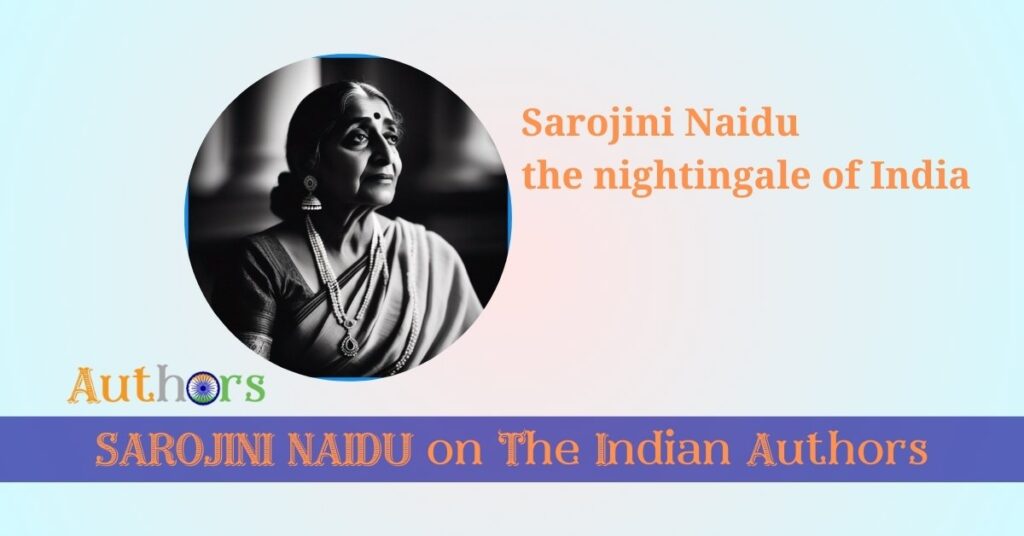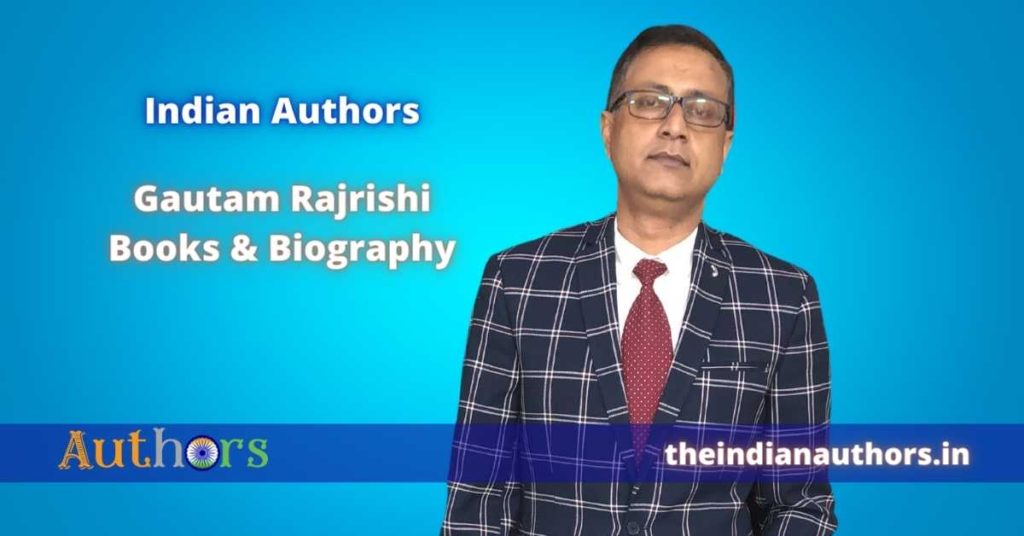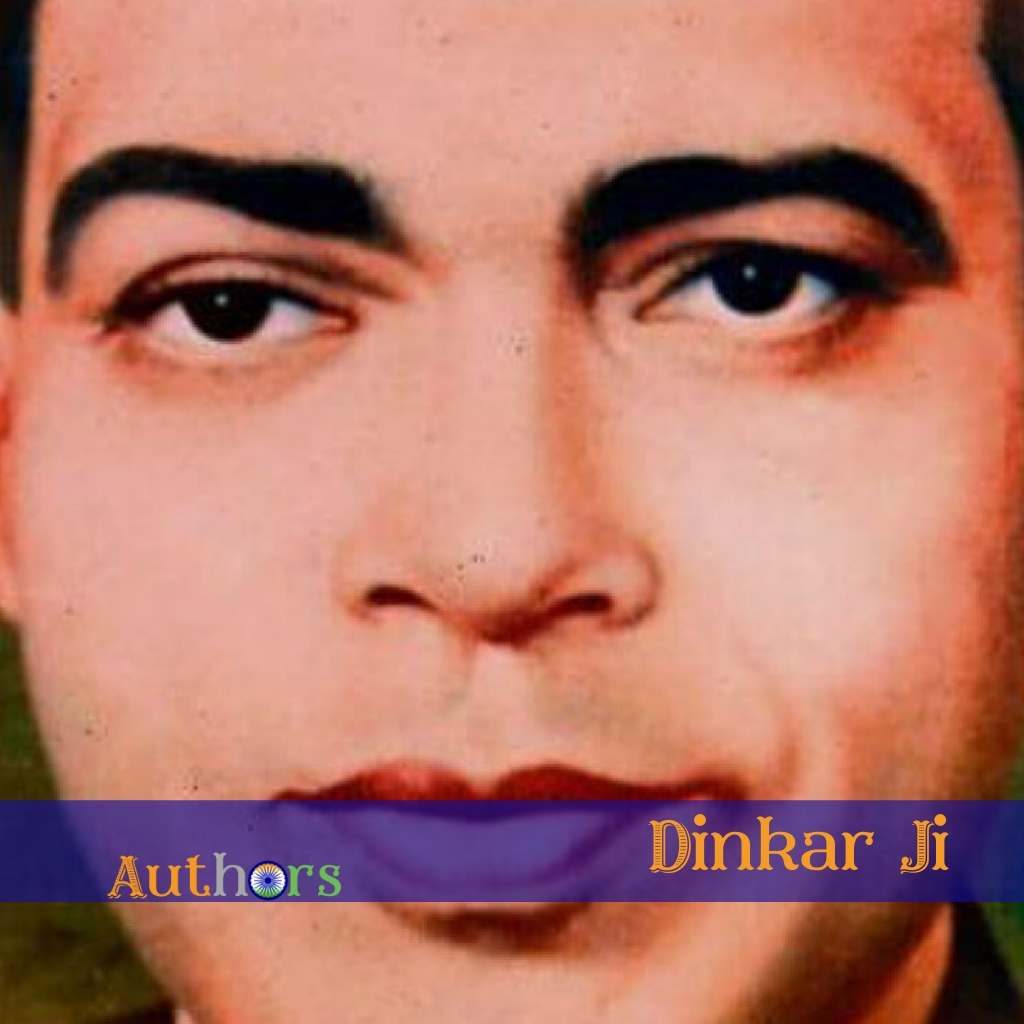Indian English literature is old. It is, perhaps, older than the popular literature in Hindi and Urdu. Such comments may produce ire and angst! However, if someone ponders, the statement might connote sense. In the winters of the 18th century and the spring of the 19th century, Indian English literature appeared on the historical horizon of Indian literature. Novels and prose were parts of this movement, but the centre stage belonged to poetry. Poets like Derozio, Toru Dutt, Aru Dutt, and Kasiprasad Ghose carried the initial flame of Indian English poetry. Later, giants like Sri Aurobindo and Tagore, successful word artists Sarojini Naidu and P. Lal, ardent observers Ezekiel and Mahapatra, revolutionaries Kamala Das and Kolatkar, and a few other curious scavengers of memories and metaphors Ramanujan, Parthasarthy, and Keki N Daruwalla turned that flame into a full-fledged Yagna Kund that occasionally saw chants of powerful Mantras (and mostly remained unconscious of its immense power).
Looking for articles and content to help in your literature studies? Our group platform offers it for free – English Literature
Today, in this article, I am featuring a few Indian English poets everyone (interested in poetry) must read. I promise the poems by these poets will be more than enjoyable. Without further ado, let’s begin the listing for the day!
Toru Dutt: A natural talent, Toru Dutt was one of those early elite Indians who could travel abroad in the 19th century. Before she could fully fathom her identity, she realised her religion was a mess (her family had Brahmin roots with Christian fruits). However, this young lady learned Sanskrit along with other languages. Influenced by her mother’s deep faith in Hinduism and her father’s keen eye for contemporary growth, Toru Dutt’s poetry exhibited a remarkable balance between traditional and new. Edmund Gosse’s sympathetic appreciation sparked the discussions about her greatness that turned into an interminable hearth with logs of praises by Amarnath Jha, Iyengar, King, Gokak, Naik and many others. To understand the immense talent this short-lived Indian poetess had, read her poems.
Excerpt:
“He had a lion head and eyes,
A human body, feet and hands,
Colossal,—such strange shapes arise
In clouds, when Autumn rules the lands!
He gave a shout;—the boldest quailed,
Then struck the tyrant on the helm,
And ripped him down; and last, he hailed
Prehlad as king of all the realm!”
(from Prehlad, Ancient Ballads and Legends of Hindustan)
Like Toru’s style? Buy her book – Ancient Ballads and Legends of Hindustan (click to buy from Amazon India)
Sri Aurobindo: On any given day, I believe Sri Aurobindo was the best Indian English poet! I don’t say it because of the stature of this larger-than-life personality and the impact he continues to have on many minds. With his overwhelming oeuvre, Sri Aurobindo earned the right to have a dedicated space for himself whenever someone discusses Indian English literature. While one may need to extract Indianness (occasionally having to excavate the same) from the poetry of many Indian poets, Sri Aurobindo’s poetry, in every way, is out and out Indian! Read Sri Aurobindo’s poems, and you will meet concepts like Moksha, eternity, Aatma, Parmatma, peace, Brahma, Mukti, Yoga, Karma, Prem, Tyag, and other Indian philosophical constants. Even with these lofty subjects, the poetry of Sri Aurobindo remains natural, impressive and beautiful. In short, to end this brief introduction, if you want to understand Indian philosophy, civilisation, legends, myth and history, you may read Sri Aurobindo’s poetry and gather too much of everything!
Excerpt:
“At last I find a meaning of soul’s birth
Into this universe terrible and sweet,
I who have felt the hungry heart of earth
Aspiring beyond heaven to Krishna’s feet.
I have seen the beauty of immortal eyes,
And heard the passion of the Lover’s flute,
And known a deathless ecstasy’s surprise
And sorrow in my heart for ever mute.”
(from Krishna, Collected Poems)
Want to read more? Get a copy of Sri Aurobindo’s Collected Poems – Collected Poems (click here to buy)
Nissim Ezekiel: This poet acted as the bridge between the traditional Indian English poetry and the new – a link that connects and disconnects (at the same time). Ezekiel represented the break away from the poetry of the predecessors. However, he was also the one who continued to dive deeper into the ocean of ancient Indian wisdom and extract the inspiration for poetry. Ezekiel, an outsider in India, wholeheartedly accepted India, Indian, and Indianness. His poetry displays the Indian spirit, culture, and the continuation of this vast civilisational labyrinth. He appreciates the uniqueness of our nation in his verse. He calls out the shortcomings in society. At the same time, he keeps the beauty of his poetry intact. Anyone who reads Ezekiel will find the true reflection of India in his poems – the sweet and the sour!
Extract:
“Lord, I am tired
of being wrong.
I’ve taken a stand
but to what end?
Your truth
is too momentous for man
and not always useful.”
(from Theological, Collected Poems)
Want to read more of Ezekiel? Click here – Collected Poems (click here to get a copy)
Jayanta Mahapatra: Mahapatra, like Ezekiel, did not want to continue writing the same poetry that his ancestors wrote. He attempted to break free from the tradition (and he successfully did so). However, no one can completely detach from tradition! Mahapatra’s poetry does resemble a sense of belonging (like the poetry of the greats of the bygone era). Nevertheless, to his credit, his sense of belonging or the connection with his roots, Indianness, reflects in distinct colours (and thus marks the success of Mahapatra in establishing his independent identity). Mahapatra sings the songs of his land, Odisha, and celebrates the culture of his motherland, India. Rivers, temples, beliefs, faith, religion, spirituality, divinity, vocation, love, sex, freedom, soul, and many other subjects and objects feature in the poetry of Mahapatra connecting his verse to things that his readers can also relate to.
Excerpt:
“Wherever I try to live
in pious pretence at Puri
or in the fiery violence of a revolutionary
my reason becomes a prejudiced sorrow
like socialism”
(A Country)
Read Mahapatra – Get a copy of Collected Poems (click to buy a copy)
A K Ramanujan: After Ezekiel and Mahapatra, it was Ramanujan who carried the torch of tradition in Indian English poetry. He was, as many from South India, a converted Christian who could not settle with his roots in Hinduism and constantly longed for its riches and lofty ideals. At the same time, being apart from India added a different whole to his existential crisis. He kept singing about forgotten streets, missing people, and celebrations of life’s little episodes he used to have as a child. A K Ramanujan’s poetry is rich with everything one may think of (in poetic terms). His constant yearning for the past, roots, gatherings, family events, and a sense of belonging (that he missed abroad) provides his readers with an opportunity to posit themselves in those scenarios (and thus easily connect with the poet’s momentum).
Excerpt:
“In Madurai,
city of temples and poets,
who sang of cities and temples,
every summer
a river dries to a trickle
in the sand,
baring the sand ribs,
straw and women’s hair
clogging the watergates
at the rusty bars
under the bridges with patches”
(from A River)
Buy a copy of Ramanujan’s Collected Poems (buy from Amazon – click here)
Kamala Das: Kamala Das is a fashion, a resilience, and a revolution more than a poet. Her poetry did not reach perfection (or near). However, something about her approach to poetry made her a poet. She became a poet to share her thoughts about her disillusioned life. Free discussions about sexuality, passion and desires in her poetry made her an instant hit. In the 70s and 80s, a woman writing in English (and discussing sex) attracted many eyeballs, intellectuals and critics. Kamala Das was a famous person! However, in retrospect, reading her poetry gives us many things to ponder. Occasional devotion, momentary spiritual thoughtfulness, seriousness and depth in words before those tiring triple dots – Kamala Das can be superb at times! Read her poems once, and you can find your moments of prolonged mental monologues.
Excerpt:
“All round me are words, and words and words,
They grow on me like leaves, they never
Seem to stop their slow growing
From within . . . But I tell myself, words
Are a nuisance, beware of them, they
Can be so many things, a
Chasm where running feet must pause, to
Look, a sea with paralysing waves,”
(from Words, Selected Poems)
Read Kamala’s Selected Poems (buy now from Amazon)
R. Parthasarathy: Rajagopal Parthasarathy is an Indian English poet who could not accept the language of his expression from the depths of his heart! With his ‘tongue in English chains’, Parthasarathy always looked for moments that could connect him with his roots, the Indian soil, the Tamil culture and the forever idea of Indianness. Parthasarathy’s debut poetry collection, Rough Passage, is an ideal read for Indian English poetry readers (with added emphasis). Readers can also read his translations from ancient languages like Sanskrit and Tamil.
Excerpt:
“With a curse, the woman threw her lover out,
despite his groveling at her feet.
But when he began to walk out of the room,
she ran to stop him, with head bowed
and the knot of her skirt in her palms.
Strange are the ways of love.”
(from The Ways of Love, Erotic Poems from the Sanskrit)
Read Parthasarathy’s Translations from Tamil – The Cilappatikaram: The Tale of an Anklet (click to buy from Amazon)
I am aware there may be many readers eager to argue for or against poets on this list or off. I am also looking forward to discussions. Let us discuss Indian English poetry and poets in the comments section below. And for readers looking for quality Indian English poetry to read, here is the list of books by the poets mentioned above. You can click on the links given next to the books and buy from the Amazon India book pages directly.
Toru Dutt – Ancient Ballads and Legends of Hindustan (click to buy from Amazon India)
Sri Aurobindo – Collected Poems (click here to buy)
Nissim Ezekiel – Collected Poems (click here to get a copy)
Jayanta Mahapatra – Collected Poems (click to buy a copy)
A K Ramanujan – Collected Poems (buy from Amazon – click here)
Kamala Das – Selected Poems (buy now from Amazon)
R. Parthasarathy – The Cilappatikaram: The Tale of an Anklet (click to buy from Amazon)
By Alok Mishra
(Research Scholar, Nava Nalanda Mahavihara, working on Indianness in Indian English Poetry)





8 Comments. Leave new
That’s an amazing list… not the same as we usually see. Kudos for choosing the unrepresented ones.
Very carefully picked up… I liked the list. I kind of agree with names not on this list… would like to read a list of Indian English novelists too.
Toru Dutt was an outstanding talent!
I loved this information… I think there is no other poet who comes close to Nissim Ezekiel in the last decades of the 20th century in Indian English poetry! I enjoy reading Ezekiel because he seems more Indian than may other Indian English poets.
Such a wonderful article. I can not find something better than this where everything is mentioned in perfect alignment. Kudos to the author!
Thank you, Manish! See you around!
The list is incomplete if it ignores the poets such as O P Bhatnagar, I K Sharma, R K Singh, D C Chambial, P Raja, Mani Rao, Gopal Honnalgere, Maha Nand Sharma, Mamang Dai etc. There are many competent New voices that should not be ignored.
Totally agree, Ram!
One or two days ago, I was listing a few works by Indian English novelists. At that time also, I felt we have missed many talents in the cacophony of a few ‘celebrations’. The poets you have mentioned, and knowing the poetic talent they possess, anyone may be surprised not to find these names in anthologies by many ‘senior’ poet-editors! And I guess I may have to work on a new list with ‘Forgotten Indian English poets you must read’. Always good to see you around, sir! Looking forward to more interactions.
Alok